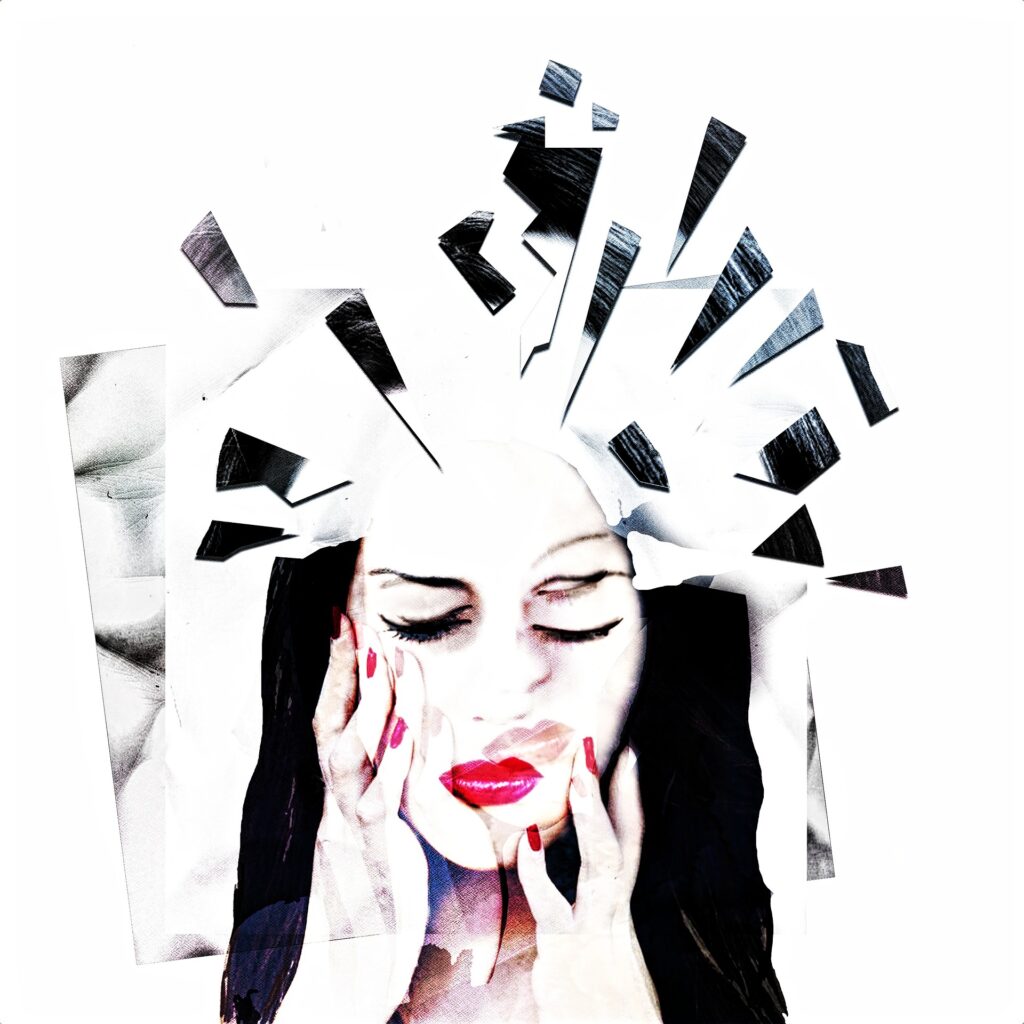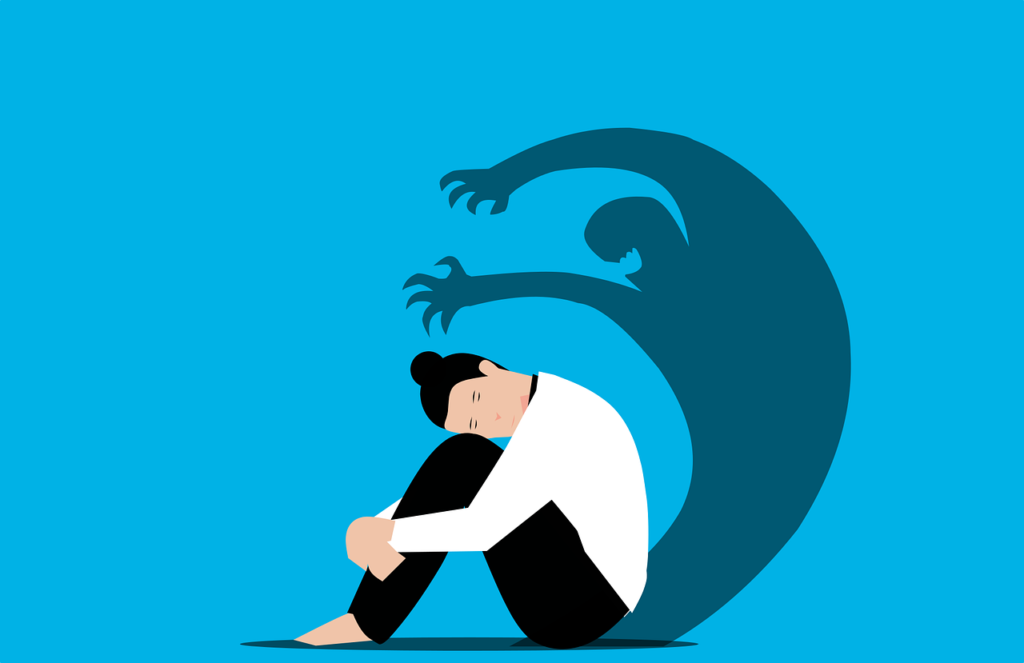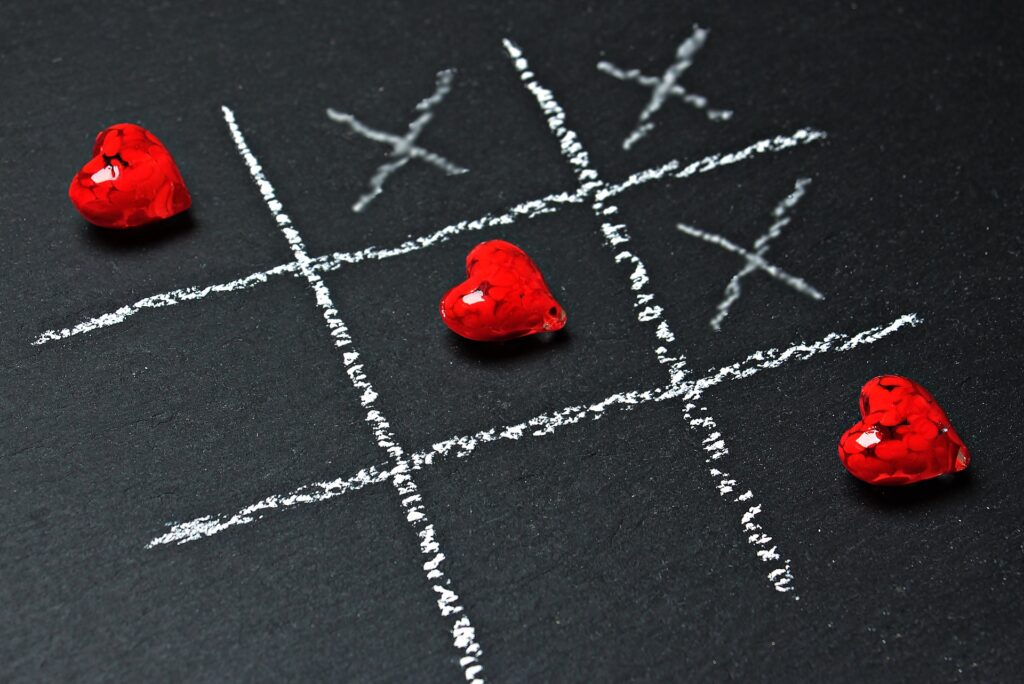7 Mental Health Lessons You Learn Later in Life


The past year and several months has been a massive shift for everyone. To live during a pandemic and see your life change so quickly in such a short time is unsettling and a feeling that I personally know all too well. It’s like being picked up by an invisible hand and dropped into a completely different world and being told to carry on living with no instructions on how to move forward. The intensity of this unplanned and unseen adjustment is borderline traumatic and it negatively impacts your mental health.
Having had time to reflect on my life and my own long-term struggles with mental health and with research from other people similar to me and professional mental health care providers, I have come up with a list of 7 mental health lessons that I have learned later in life that I hope benefits someone in some way.
- Mental Health Changes Often

I thought mental health was split between healthy and unhealthy. However, like most things in life, it exists in a wide spectrum. It varies hourly and even from day to day. A mental breakdown can be forgotten within the next few hours or the next day.
Being depressed at age 8 until 19 and then again at 25 has taught me that this illness might resurface and that it’s an unpleasant thing to live through. It’s important to find help in the ways that you can and with so many resources available to us now, we are in a better position than before. I’ve been using some self-help and I’m seeing positive results like how I’m not sleeping late at night and not wanting to work the next day or how I’m journaling again.
A large number of people may have noticed that their mental health is not what it usually is, as good as it was. You might have become more aware of your mental health. It’s normal and okay for your mental health to shift.
- It’s OK to Be “Selfish”

As you grow up or older, you learn that it’s important to care for yourself first before anyone else. You realize that making yourself a priority in your life benefits not only you, but the people around you. The saying goes “never pour from an empty cup.”
It’s a tiresome journey of reprogramming your brain to believe that you are important enough to put first in your life, especially when you’ve been influenced by people who told you that taking care of yourself, no matter how small or necessary for surviving as a human being, is a horrible thing and a disgusting character trait. But when you realize that you are the only person who’s going to be in your life permanently, you learn that being “selfish” and putting your needs first is the best thing you can do for yourself.
You also discover how powerful and durable you are when you put your own needs and desires first, obviously without taking from others in a malevolent way or stepping on toes as a power trip or a means to gain power.
- Environment Is a Big Factor in Mental Health

With the whirlwind of events that started last year, our usual outside activities were taken away and our well-being shifted mentally. The plans we had weren’t just postponed or canceled, some simply vanished.
We learned that the environment we’re in affects us quite a lot. An example of environmental factors are crime, financial distress and racism. The things, people and routines that we interact with matter because they had such a huge impact on our lives when our routines were disrupted.
I have had Generalized Anxiety Disorder and Major Depressive Disorder for too long. Mental illness makes being alive and wanting to continue to do so much harder than it probably would be. I learned surprisingly quickly that there were places I didn’t want to be for too long because of how they affected my state of mind. It’s important to be aware of how you react to your environment and how it makes you feel and doing what you can to either leave or manage and protect your own safe/sacred space.
- Mental Illness Doesn’t Have A Look

I would have never thought that one of the top students in one of my law classes, who (seemingly) had their whole life put together, had been severely depressed and suicidal. I was beyond surprised because I used to think that it doesn’t happen to those people. The popular successful ones; the good looking ones; the wealthy ones; the athletic ones. I really thought they were immune. However, I’ve learned that mental illness doesn’t care who you are. It can happen to anyone.
As much as we, as a collective, have become more aware of mental health issues and stereotypes, we still have stigma and preconceived ideas of how a person suffering from mental illness looks, sounds or acts. If they are not harming themselves, slouching in a dark hoodie or visibly overwhelmed with emotions, they aren’t really sick, they’re just faking for attention. If it doesn’t fit with our ideas of how a person should be sick, we dismiss it or downplay it.
Due to celebrities, athletes and other famous figures coming forward to discuss their mental health struggles, this has helped a lot of people feel like and remember that they are not alone. As a result of mental health being discussed, the stigma is lessening, even though it’s still there.
- You Need A Diverse Coping Skills Toolkit

2020 took many things away from us. I never imagined that the Outside would be closed. Our usual outside activities were no longer accessible. Dinner dates, park outings and gyms, all gone. The way we coped with change itself had changed.
Since we couldn’t go outside, we had to find a way to get what we needed inside and develop indoor coping skills. We learned how to do yoga, bake, do some reading and exercise at home. This taught us that it’s important to have different coping mechanisms, both external and internal, because you don’t know when or if it will be taken away. It also helps us to adjust to the change in our own way by doing something new that we never thought of.
- What You Consume Influences Your Mental Health

I love sugary things. I always have. I would have them when I was happy, sad or tired after a long day of work to calm myself down. I knew that too much was obviously bad but when I did research for losing weight, I learned that it has a far reaching consequence beyond weight gain.
According to psychiatrist Dr Daniel Amen from Amen Clinics, turning away from sugar and foods that turn into sugar is vital for brain health because sugar is pro-inflammatory and can damage your immune system. Inflammation leads to depression.
Dr Tracey Marks, who discussed the MediMod diet, stated that it is a diet that treats depression. It’s a modified Mediterranean diet that has been shown to improve depression levels. As it’s a healthy diet, it is anti-inflammatory and B vitamin rich with folate, which aids in proper brain function. These nutrients improve the neuron connections in the brain which improve depression.
So while it’s tempting and comforting to reach for unhealthy foods when we’re going through difficult times, I think it’s important to do so with long-term health in mind. But everything in moderation too. As Dr Amen said “get your brain right and your mind will follow.” A healthy diet along with healthy habits is proof that we can fix a broken brain and treat it right.
- Take Care of Yourself

Like I’ve previously said, it’s okay to put yourself first so that you don’t pour from an empty cup. Another thing about mental health is that, like physical health, there’s always room for improvement and growth. We should be consistent with our self care routines as these are beneficial for us on deeper levels and help us maintain stability in our lives.
We have opportunities to exercise our mental health muscles and make them strong. Maybe try selecting 5 spheres in your life and having a self care task for yourself. For example, emotional, spiritual, physical, social, household and having a task or a few tasks that you can handle and doing them daily.
Another aspect of taking care of yourself is being honest and vulnerable with yourself. Building and maintaining a relationship with yourself is necessary. You might ask yourself what your goals are, why you struggle with a certain belief about yourself or you might be working on engaging with uncomfortable emotions. Whatever you choose to do, make sure you are incorporating comfort and care into your day. Don’t let fear stop you from giving yourself some love.
FINAL THOUGHTS
These points are not the only lessons I have learned in my mental health journey. There are many and it’s an ongoing process for me and for others who struggle with their own mental health issues. I have learned to be more compassionate with myself and my mistakes, and more celebratory with my successes but it doesn’t always end up that way. Sometimes I still feel numb about both of these things. But I’m still learning and not depriving myself of the small pleasures in my life when I get them. Sometimes I have a small piece of dark chocolate and that’s just what I need.
See you soon, Psych2Go-ers.
REFERENCES
Amen, D, 2020.”Psychiatrist Daniel Amen Answers Brain Questions From Twitter| Tech Support”. WIRED. Available at: youtube.com/wired/psychiatrist-Daniel-Amen-Answers-Brain-Questions-From-Twitter [Accessed September, 22 2021].
Harrod, J., 2020. Life lessons learned through mental illness. Medium. Available at: https://medium.com/the-ascent/life-lessons-learned-through-mental-illness-f2b75b5fe478 [Accessed September 22, 2021].
Marks, D, 2019. Here’s A Diet That Treats Depression. Available at: youtube.com/DrTraceyMarks/Here’s-a-diet-that-treats-depression [Accessed September 22, 2021].
Morin, A., 2021. 6 mental Health lessons learned During COVID-19 D. B. Block , ed. Verywell Mind. Available at: https://www.verywellmind.com/mental-health-lessons-learned-during-covid-19-5181018 [Accessed September 22, 2021].
Wisner, W.byW. et al., 2018. 5 mental Health Lessons I learned from my mother . Talkspace. Available at: https://www.talkspace.com/blog/mental-health-lessons-learned-from-my-mother/ [Accessed September 22, 2021].



Responses